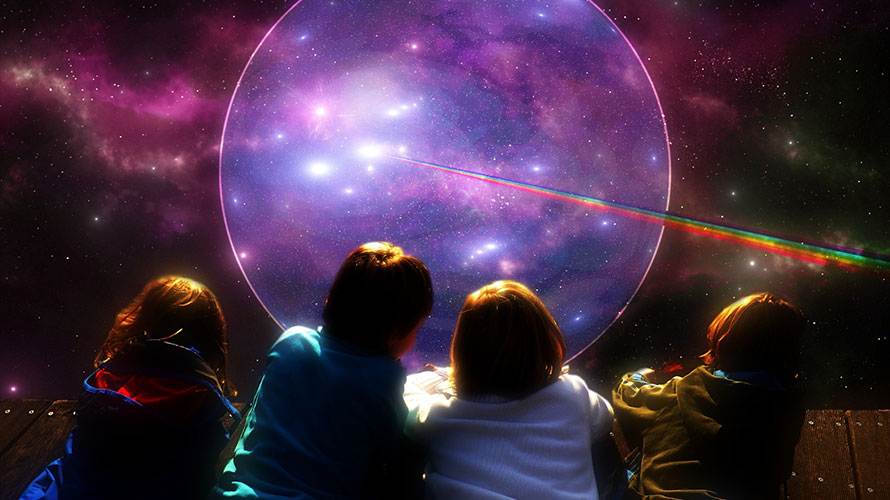The National Space Club has established, with the initial support of Glen P. Wilson and the National Space Society, the National Space Club Space Educator Award. The award has been created to recognize the importance of U.S. secondary school teachers in motivating and guiding high school students towards study and careers in space science and technology. The award is also designed to enhance and support Educator participants in NASA Educational Programs by honoring a teacher who has advised and helped students toward space careers through participation in competitions, and professional activities designed to teach and promote space education.
The winner of the Space Educator Award will be selected by a committee of the National Space Club and will receive a grant of $1,500, travel expenses and accommodations to attend the Goddard Memorial Dinner on June 4, 2021 in Washington, DC, a personal plaque of recognition, and a plaque for the teacher’s school.
Non-US teachers are not eligible for this award. Former applicants are still eligible and may simply indicate that you wish to resubmit your original entry, or you may update and resubmit your application and add any information or letters of recommendation or just indicate that you want to enter it as originally submitted.
If you would like to be considered further, please supply the following in an email to Kerry Joels ([email protected]), Space Educator Award Chairman of the National Space Club, no later than December 11, 2020.
- A brief biographical description showing your educational and teacher experience. Particular emphasis should be placed on your involvement in space science teaching both in and out of the classroom (e.g., community projects, science fairs, etc.).
- At least two and not more than four letters of recommendation from people who know of your work, such as any school system official (school board, principal, science supervisor, etc.) community leader, etc. Recommendation letters should be submitted to the e-mail address below.
- A letter from a student whom you have helped and advised. Please have the student submit the letter to the e-mail address below.
- A short statement (not more than two type-written, double-spaced pages) from you concerning your interest and involvement in science teaching.
All submitted materials will be evaluated and the winner will be selected on the basis of the overall effectiveness of the applicant in the teaching and promotion of secondary school science. For active teachers, prospects of future activities in this area will also be considered. The winner will be selected and notified by December 31, 2020.



















